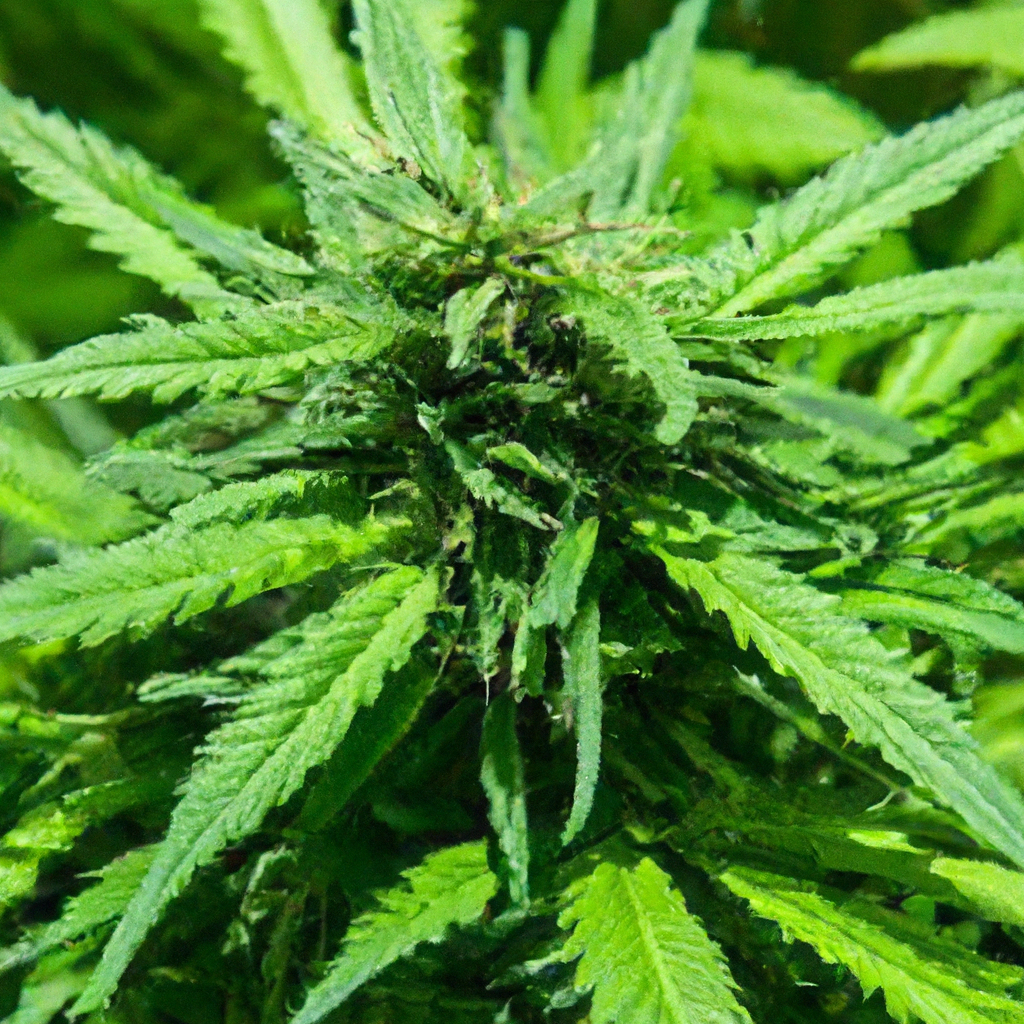Your cart is currently empty!
In the world of cannabis cultivation, going organic isn’t just a trend—it’s a commitment to holistic growing methods that benefit the environment, the consumer, and the plant itself. For cultivators interested in natural and sustainable approaches, organic cannabis growing is the way forward. This guide explores best practices for organic cannabis cultivation, focusing on natural fertilizers, compost, and eco-friendly pest control methods.
Natural Fertilizers: Boosting Plant Health
Using natural fertilizers is one of the cornerstones of organic cannabis cultivation. Unlike synthetic options, organic fertilizers improve soil health while providing the necessary nutrients for plant growth. Here’s a quick list of popular natural fertilizers you might consider:
- Compost: Rich in nutrients and beneficial microbes, homemade compost can be a fantastic addition to any garden. It acts as a slow-release fertilizer, gradually feeding your plants.
- Worm Castings: Also known as vermicompost, worm castings are rich in nitrogen, phosphorus, and potassium. They improve soil structure and enhance microbial activity.
- Bone Meal: Packed with phosphorus, bone meal helps in root development and flowering. It’s especially useful in promoting robust, healthy blooms.
Composting: Building a Healthy Soil Ecosystem
Composting is a sustainable practice that enriches soil and enhances plant growth. By recycling organic waste into compost, you reduce landfill waste while creating a nutrient-rich medium for your cannabis plants. Here’s how to get started:
- Select a Compost Bin: Choose a bin that suits your space—tumbler bins, homemade heaps, or special composting units can work effectively.
- Add Green and Brown Materials: Balance nitrogen-rich materials (green) like vegetable scraps with carbon-rich materials (brown) like dried leaves.
- Maintain Moisture and Aeration: Regularly mix your compost and ensure it’s moist but not soaked to promote decomposition.
Eco-Friendly Pest Control: Safeguarding Your Grow
Keeping your cannabis plants healthy involves managing pests without synthetic chemicals. Here are natural pest control solutions:
- Neem Oil: An effective natural pesticide, neem oil disrupts the life cycle of insects, preventing them from breeding.
- Companion Planting: Plant herbs like basil or marigold to repel pests and promote biodiversity.
- Diatomaceous Earth: This natural powder causes dehydration in insects with exoskeletons, serving as a non-toxic pest deterrent.
Sustainability and Consumer Benefits
Choosing organic methods doesn’t just protect the environment; it delivers superior products for the consumer. Cannabis grown organically tends to have richer flavor profiles and higher quality cannabinoids due to its natural growth processes. Moreover, sustainability reduces environmental impact, promoting biodiversity and conserving resources.
Conclusion
Organic cannabis cultivation requires dedication to sustainable practices, but the payoff is worth it. By incorporating natural fertilizers, composting effectively, and embracing eco-friendly pest control, you can nurture robust, healthy plants while supporting environmental stewardship. Whether you are a seasoned grower or a beginner, these practices offer a path to cultivating cannabis responsibly and naturally.
Tags: OrganicGrowing, NaturalFertilizers, Compost, EcoFriendly, PestControl
Discover more from Magic Clones
Subscribe to get the latest posts sent to your email.


Leave a Reply